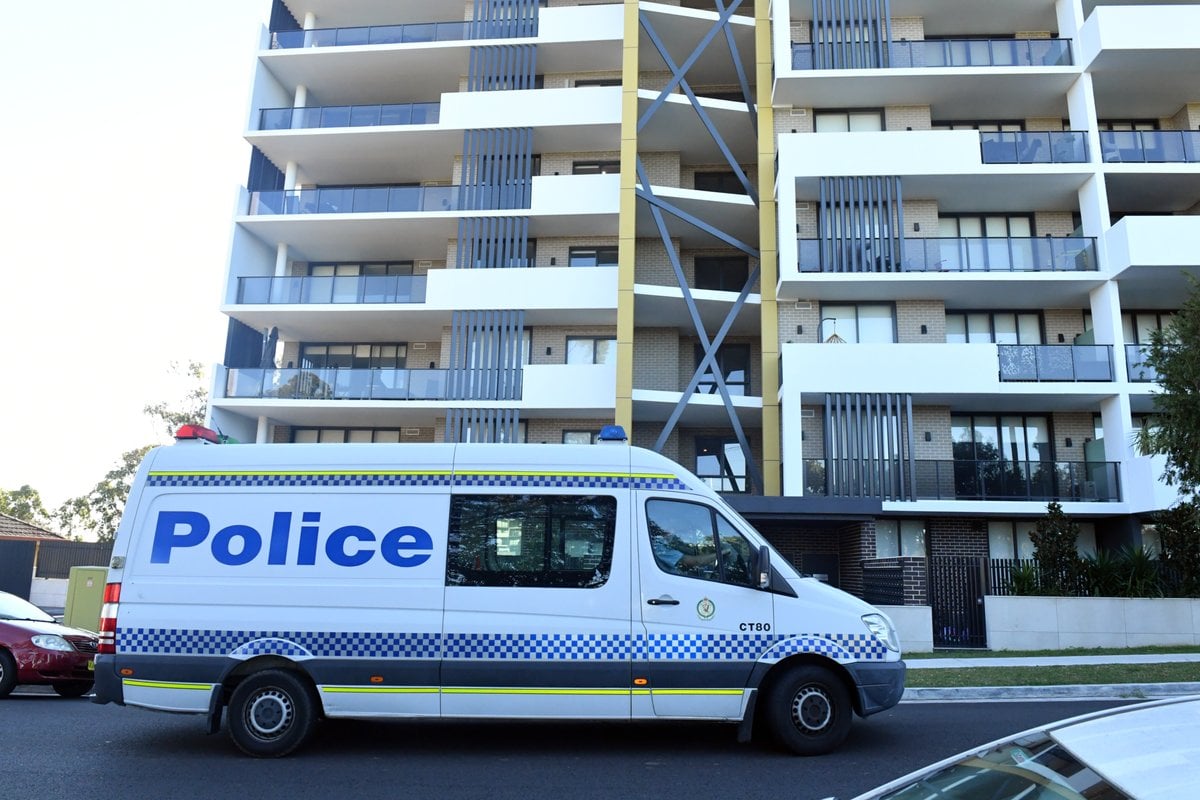
I’m on a WhatsApp group with my cousins on my mum’s side. I come from a very large Lebanese family and there are 56 of us on this chat. Despite the various personalities and age differences, the latest NSW lockdown has brought us closer together.
It’s united us in our frustration over the way politicians are handling the COVID-19 cluster in south-western Sydney and also how the media has responded to it.
The vast majority of relatives in the WhatsApp group live in western and south-western Sydney. The men predominantly work in construction and the women in beauty and care. Sometimes it’s hard to keep up as dozens of messages get fired off. Some are comedic takes on lockdown, but others are confronting videos of helicopters over local neighbourhoods, or the army patrolling the streets.
Listen to Mamamia's daily news podcast, The Quicky, below. Post continues after podcast.
The frustrated search for answers is never-ending:
"Why are they treating us like this?"
"Isn’t this discrimination?"
"How come people in the east are still allowed to go and get Botox but we are locked up and can’t work to put food on the table?"
"Why does the media talk about us like we’re stupid?"
So given @GladysB lost control in the east & was slow & soft handed with her lockdown measures, people in the west have to cop the harshest measures. The majority of southwest don’t have jobs that allow them to work from home. It truly is a covid tale of two cities within Sydney
— Antoinette Lattouf (@antoinette_news) July 17, 2021


Top Comments